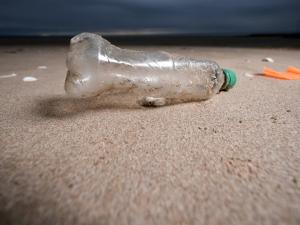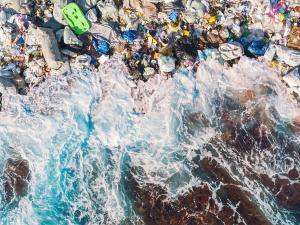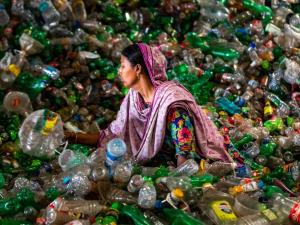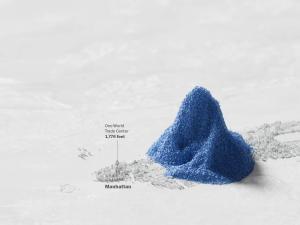News
Revisiting a Historic Opportunity to End Plastic Pollution
This week (August 5-14), representatives from the United Nations will begin final negotiations to establish a global treaty on plastic pollution. This is a historic opportunity to drastically reduce plastic pollution across the world.
Newsweek: Experts Hopeful for 'Once-in-a-Lifetime' Treaty to Tackle Plastic Waste
Faculty Co-Director Douglas McCauley highlighted findings from DSE's recent research on challenges and opportunities to end global plastic pollution.
NPR: Plastic waste is everywhere. Countries have one more chance to agree on a solution
Ahead of global plastic treaty negotiations in North Korea, see DSE's research on opportunities to end plastic pollution featured in NPR.
New York Times: The World Seeks an End to Plastic Pollution at Talks in South Korea
Check out DSE's research on ending plastic pollution in the New York Times (November 2024).
A Critical Juncture for Ending Plastic Pollution
Today, we’re thrilled to announce the release of our paper in Science: Pathways to reduce global plastic waste mismanagement and greenhouse gas emissions by 2050. This paper distills over a year's work from our team with the ultimate goal to inform and inspire decision-makers on the global stage during the UN Plastics Treaty process.
Newsweek: As Plastic Treaty Talks Near, Study Shows How to Cut Waste Clogging Oceans
Check out DSE's latest research on ending plastic pollution in Newsweek.
The Guardian: Global plastic production must be cut to curb pollution, study says
The Guardian features DSE's recently-published Science paper on ending plastic pollution.
Washington Post (Opinion): How to end plastic pollution on Earth for good
A new editorial from the Washington Post features DSE's research on ending global plastic pollution.








